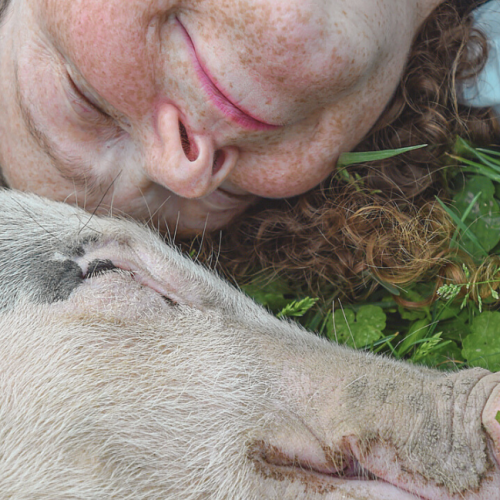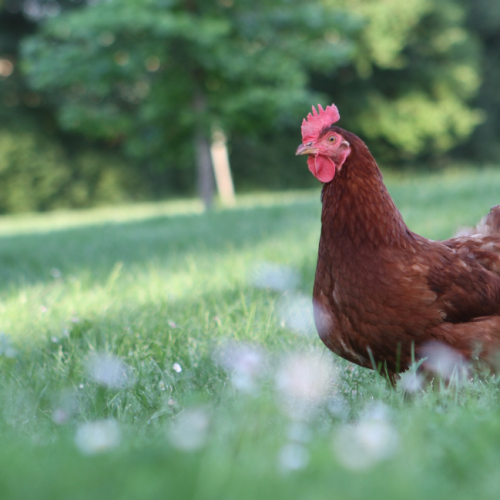South Korea's Food Waste Solution
You are probably aware that food waste is a huge global issue. Around 1.4 billion tons of food are discarded worldwide each year. This results in soil and air pollution, as well as the release of methane - a potent greenhouse gas.
You can read more in our food waste breakdown: The Food Waste Epidemic

However, while so many countries are getting it wrong, South Korea is clearly doing something right. In fact, its snazzy composting system that has been in place since 2013, is so effective they have almost zero food waste, and waste disposal is second nature at this point for Korean residents (LA Times, 2023).
Kim Mi-hwa, of the Korea Zero Waste Movement Network, states:
“I think what the South Korean model proves is that it can be done if you put in the time and effort into education and outreach…South Koreans didn’t suddenly become conscientious overnight. But minds can be changed over time.”
South Korea’s system effectively diverts 90% of its food waste from landfills and incinerators!
Some highlights:
- Residents and businesses contribute a nominal fee to have their food waste processed.
- Citizens empty the food waste into a designated bin outside. Then they attach a sticker on the lid or scan a card to prove that they have paid for the disposal.
- The discarded food undergoes processing in specialized facilities, where it is converted into biogas for heating homes, fertilizers, and animal feed, all of which are then distributed free of charge.

Biogas - what is it?
‘Biogas’ is a form of methane produced by the fermentation of organic matter (Climate Council, 2023).
While its energy output is minor compared to clean energy sources such as solar and wind (Climate Council, 2023), biogas will certainly play some part in reducing fossil fuel use in South Korea, particularly with the amount of organic waste they produce.
Speaking of biogas, South Korea has implemented a new law that aims to reduce the use of carbon-intensive fuel sources, meaning that biogas will become much more widespread. Biogas comprise 7% of South Korea’s waste recycling output; under this law the fuel will need to be increased to 50% by 2026.
The rest of the world need to start taking notes!

References: LA Times | Climate Council | Global Positive News











5 Comments